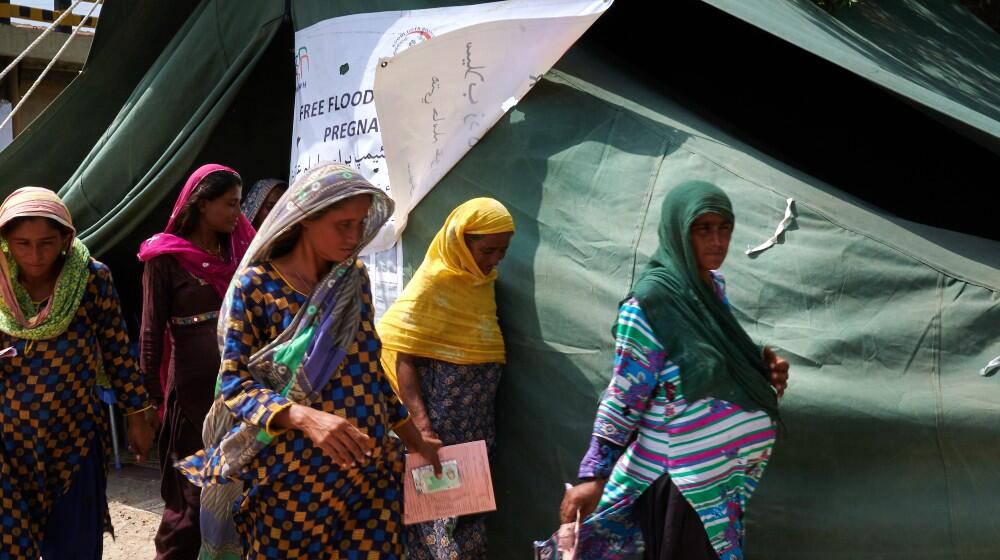In the last three months since I joined UNFPA Pakistan, I have met several senior officials across the country, the latest being a very inspiring meeting with H. E, the President of the Islamic State of Pakistan, Dr. Arif Alvi. I was inspired by his deep understanding and commitment to the importance of demographics in the making of the nation’s future. I was profoundly pleased with his appreciation of the linkage between economic and population dynamics and his willingness to do something in this direction.
Pakistan is the world’s 5th most populous country and is projected to be the fourth most populous nation in the world by 2030. The country undergoes existential societal, familial, and socioeconomic challenges linked causally to overpopulation and population growth, Illiteracy, poverty, malnutrition particularly among women and children, high unemployment particularly among youngsters, child labor, child marriage, poor health infrastructure and services, social inequality, economic instability, and depletion of climate resources. All those challenges led to deteriorated livelihood, and a decline in economic welfare that risks the strength of the nation if the gap between population and economic growth continued.
In an in-depth review of the social research globally and domestically, one can establish a direct link and causal-effect relationship between family planning and each of the above risks/symptoms of the threat facing the society in Pakistan. For instance, the depletion of climate resources is directly linked with population growth, and women’s health and nutrition are linked to family planning and spacing and deteriorated the widening gap between the population and economic growth causes social welfare and livelihood.
Family planning a life-saving intervention for conflict-affected communities. The availability of family planning services saves lives and makes children and families healthier, and society at large benefits. The woman who can space the births is able to change everything for her health and her child's health. Maternal health requires reproductive health and, consequently, contraception and family planning. Pakistan is producing too many children too fast, amongst unintended and by chance, not by choice. It is time to ignore the controversy over family planning and cut out-of-control unintended and unplanned pregnancies to save the nation. UN studies show that the birth rate falls as women gain equality. Income-earning opportunities that empower poor women will have an impact on curbing population growth
The advocacy that the President has been leading over a few years paid off some progress on key indicators. For example, Punjab province is keen to make a move to improve the key indicators of population dynamics, and Sindh province has also made concrete steps to improve the contraception system. In addition, the efforts of the chief justice are a real opportunity to create a platform for public debate and empowerment to materialize different initiatives into an actionable roadmap. There are too many great initiatives, but the accumulation of these initiatives and interlinkages to translate into measurable progress is still lagging.
The national leadership of a human rights-based mega campaign on family planning that prioritizes achieving zero unintended pregnancies and zero unmet needs for family planning are wise first steps. The key words to achieve the results of the scattered efforts are sustainability, domestic financing, and accountability.
UNFPA stands ready to provide technical and some financial support to enforce the effectiveness and efficiency of national family planning programming linked with maternal health under universal health coverage. I am sure other UN agencies, along with donors and international and regional banks, are also keen to extend support. Activation of efficiently functional national structures and leadership along with national championship at both federal and provincial levels are conner stones.


